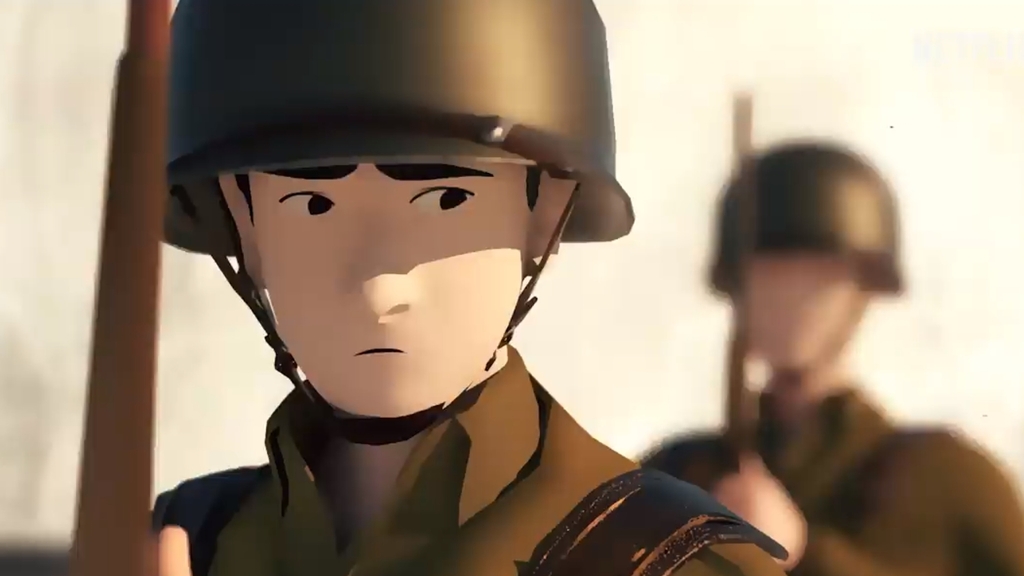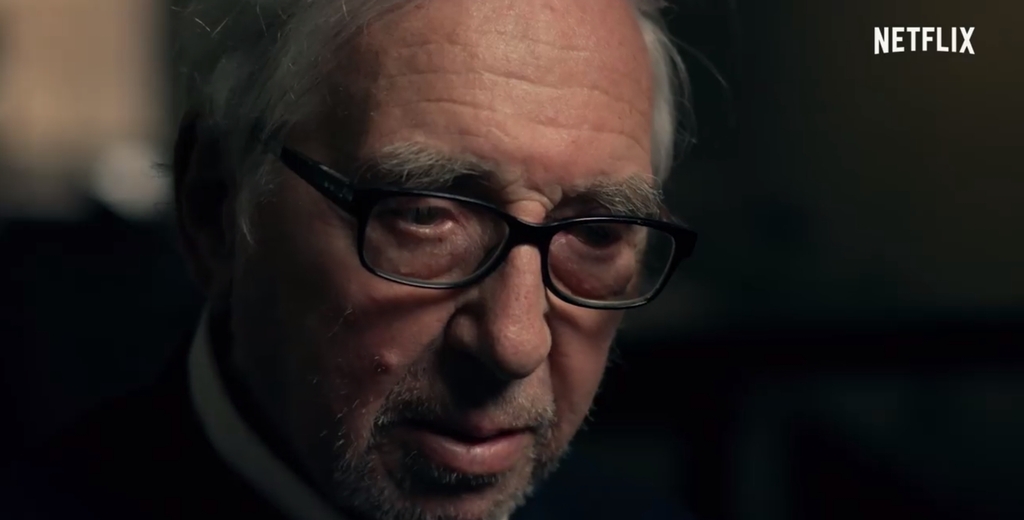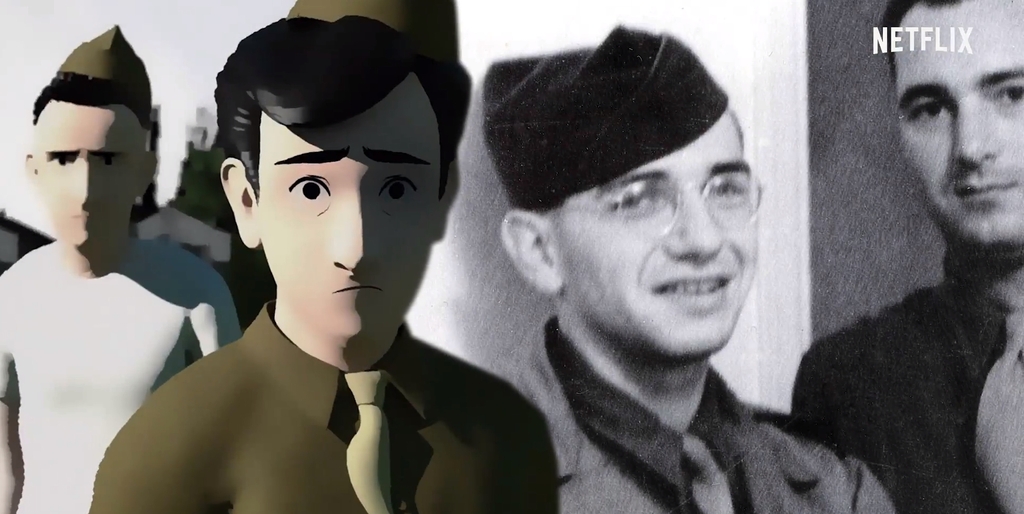In 1942, during World War II, young Jews managed to escape the horrors of the Holocaust in Europe with one goal - to join the American army and go back home to fight the Nazis.
Some of them never returned. Instead, they were placed in a secret military intelligence facility on U.S. soil called P.O. Box 1142, where they were asked to use their German language to extract information from Nazi scientists who were taken as war prisoners and were smuggled into the complex.
3 View gallery


Screengrab from Camp Confidential: America's Secret Nazis documentary
(Photo: Courtesy of Netflix)
Since the United States tried to convince these scientists to work for the U.S. government, the intelligence facility's soldiers found themselves in a position slightly different than they wished for. They were asked to show hospitality to the senior Nazi officials, some of whom have been involved in war crimes.
The Jewish soldiers essentially were forced to go undercover to entertain the Nazis, making sure they got everything they needed - playing tennis and chess with them, accompanying them on shopping trips, and generally keeping them happy.
This absurd and troublesome situation is at the center of Camp Confidential: America's Secret Nazis - an animated short documentary that aired Tuesday on Netflix Israel.
P. O. Box 1142, Camp Confidential: America's Secret Nazis - Trailer
(Courtesy of netflix)
The filmmakers, Moore Lushi and Daniel Sivan ("Censored Voices", "The Lobby"), in recent years came across interviews with some of the soldiers who served at P.O. Box 1142 secret military camp.
After five decades of keeping the base a secret, the archives were finally revealed. During the war, thousands of Nazis were smuggled into a facility near Washington DC, which looks less like a military base, and more like a country club with lawns, tennis courts, and a constant supply of food and alcohol.
The knowledge provided by these scientists eventually resulted in some of U.S. military's biggest achievements during the war, as well as the destruction of an underground missile factory on German soil. It also led to the subsequent victory of the U.S. in the Cold War and in the Space Race against the Soviet Union.
3 View gallery


One of the Jewish soldiers interviewed in Camp Confidential: America's Secret Nazis
(Photo: Courtesy of Netflix)
The documentary creates a very realistic and moving emotional experience. The visual illustration accompanies U.S. government's interviews with some of the soldiers, intercut with video interviews conducted with two Jewish soldiers specifically for the film. And this combination between the soldiers and the animation is what makes the film so moving. The runtime of the film is 32 minutes, which is undoubtedly an advantage since Netflix documentaries tends to be much longer.
A lot of archives were destroyed after the war and stories such as this one were gone forever when the people involved passed away. This documentary is able to light up a dark, unfamiliar corner in history.
3 View gallery


Screengrab from Camp Confidential: America's Secret Nazis documentary
(Photo: Courtesy of Netflix)
On the one hand, it provides a real story of a heavy emotional toll the mission took on the young Jewish soldiers and the mental strength they needed to succeed in it. On the other hand, it poses a big moral question and a dilemma. The U.S. chose not to prosecute war criminals in order to gain a future advantage that eventually helped them win WWII.



